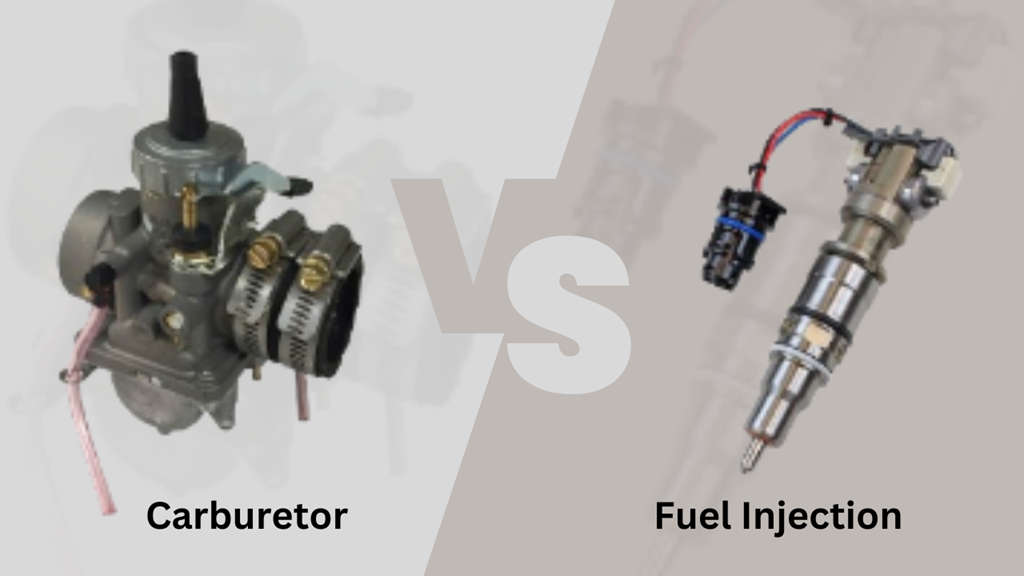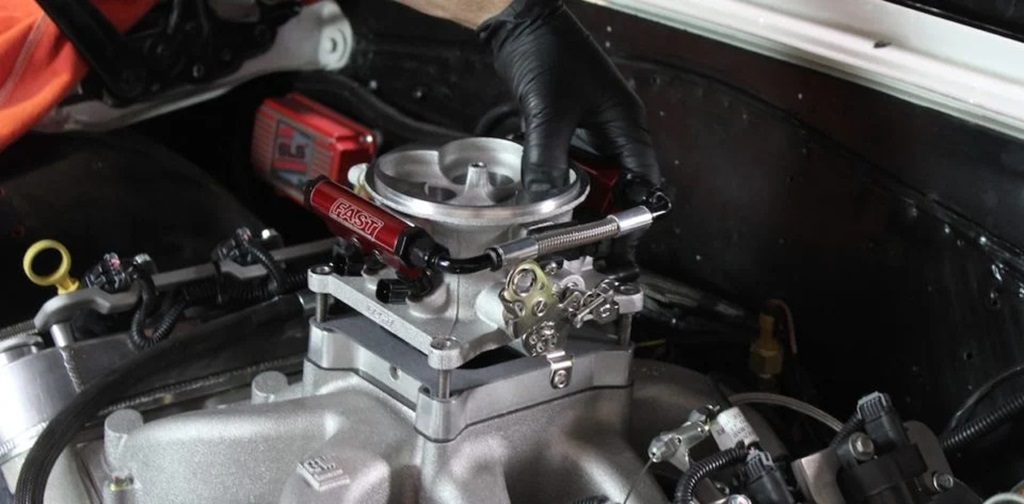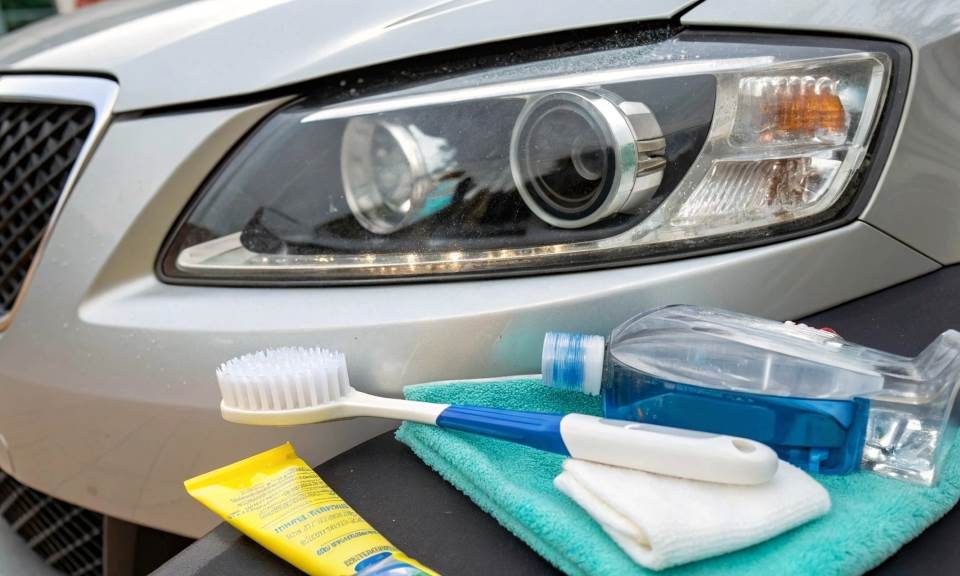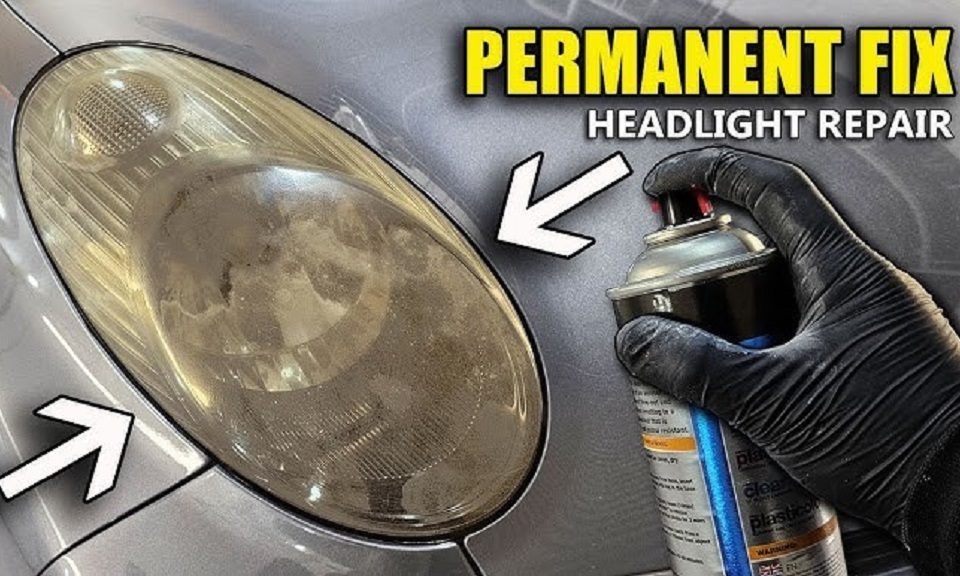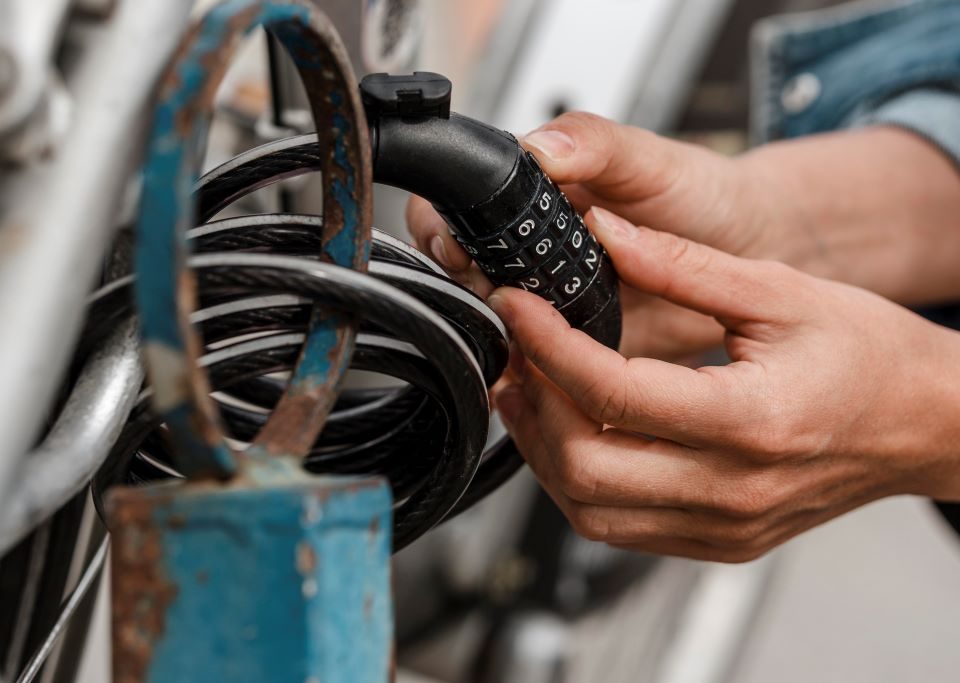
Eco-Friendly Laundry Detergent Comparison: Which is Best for Your Home and the Planet?
November 18, 2024
How Puppies Adjust to Food: A Guide to Their Dietary Journey
November 19, 2024Carburetor Tuning vs. Fuel Injection Tuning: Which One Reigns Supreme?
When it comes to optimizing engine performance, carburetor tuning, and fuel injection tuning are two prominent methods used by car enthusiasts and mechanics alike. Both approaches have their strengths and weaknesses, but which one is truly the best for your vehicle? In this article, we’ll explore the differences between carburetor tuning and fuel injection tuning, providing insights based on performance, ease of use, and reliability.
Table of Contents
ToggleCarburetor Tuning: The Classic Approach
Carburetors have been around for over a century and were the go-to method for fuel delivery in cars. These mechanical devices mix air and fuel in the correct ratio before sending it into the engine. While they are considered “old-school” by many, carburetors still have a dedicated following, especially in classic cars and high-performance racing vehicles. Explore ourautocity for a variety of tuning options, whether you’re a carburetor fan or a fuel injection enthusiast. You’ll find expert advice and tools to fine-tune your vehicle for peak performance.
Advantages of Carburetor Tuning:
- Simplicity: Carburetors are straightforward devices. Tuning a carb involves adjusting screws to balance air and fuel flow. Mechanics can easily fine-tune them for specific driving conditions, making carburetor tuning popular among hobbyists.
- Cost-Effective: Carburetors tend to be more affordable compared to modern fuel injection systems. They also do not require complex electronics, meaning repairs are generally less expensive.
- Performance in Racing: Many racers prefer carburetors for their precise, instantaneous fuel delivery. In high-speed conditions, carburetors can provide the responsiveness and power desired for quick acceleration.
However, carburetors also have their downsides. They are more prone to issues with fuel mixture consistency, and they require more frequent maintenance. Plus, modern emissions regulations make carburetors less efficient in controlling pollutants.
Fuel Injection Tuning: The Modern Solution
Fuel injection systems have replaced carburetors in most modern vehicles. These electronic systems precisely control the amount of fuel injected into each cylinder, resulting in improved fuel efficiency, better performance, and reduced emissions. Fuel injection systems are typically found in newer vehicles due to their advanced technology and precision.
Advantages of Fuel Injection Tuning:
- Fuel Efficiency: Fuel injection systems are far more efficient at controlling the air-fuel mixture, leading to better fuel economy. This makes fuel injection tuning a great choice for everyday drivers seeking to save on fuel costs.
- Precision and Consistency: Unlike carburetors, fuel injection systems automatically adjust the fuel mixture based on real-time data from sensors in the engine. This ensures consistent performance across a wide range of driving conditions, from idling to full acceleration.
- Lower Maintenance: With fewer moving parts and better-built electronics, fuel injection systems require less maintenance. Fuel injectors are also less prone to clogging than carburetors, meaning you can enjoy smoother driving with less frequent repairs.
That said, fuel injection systems come with a higher upfront cost and more complex tuning processes. Mechanics must use specialized equipment to tune fuel injectors, and there is a steeper learning curve for those unfamiliar with the technology.
Related: What’s a mild hybrid car?
Carburetor vs. Fuel Injection: A Detailed Comparison
Now that we’ve covered the basics of both tuning methods, let’s compare them in several key areas to help you decide which option is best for your vehicle.
- Ease of Tuning:
- Carburetor tuning is often simpler and more hands-on, ideal for those who like to tweak their vehicle on their own. It requires less expensive tools and can be done with basic mechanical knowledge.
- Fuel injection tuning, on the other hand, requires specialized equipment and can be more difficult for beginners. It’s not as intuitive, as it involves adjusting sensors and using software to ensure the proper fuel mixture.
- Fuel Economy:
- Fuel injection systems win this category hands down. Their precise control over fuel delivery ensures that only the right amount of fuel is used, leading to better gas mileage.
- Carburetors tend to waste more fuel, especially if they aren’t tuned correctly, which can lead to poor fuel efficiency.
- Performance:
- Carburetors excel in providing an immediate response, making them a great choice for racing and high-performance driving.
- Fuel injection systems offer consistent and reliable power, but they may not match the immediate throttle response of a well-tuned carburetor.
How to Tune a Carb with a Vacuum Gauge
If you’re working with a carburetor and want to achieve the best performance, using a vacuum gauge is an excellent tool. It helps you tune the carb for optimal airflow and fuel mixture. By measuring vacuum pressure, you can adjust the idle mixture screws for smoother idling and better throttle response. For a detailed guide on how to tune a carb with a vacuum gauge, be sure to check out this link.
Final Thoughts: Which is Better for Your Vehicle?
Ultimately, the choice between carburetor tuning and fuel injection tuning comes down to your vehicle’s age, your goals, and your preferences. Carburetors offer simplicity, cost-effectiveness, and a nostalgic racing experience. In contrast, fuel injection systems provide better fuel economy, and precision, and require less maintenance.
If you’re working on a modern car or looking to save on fuel costs, fuel injection tuning is likely the better choice. But if you have a vintage vehicle or want to dive into hands-on tuning, carburetors still have their place in the performance world. Either way, tuning your engine for optimal performance is a rewarding experience for any car enthusiast.

